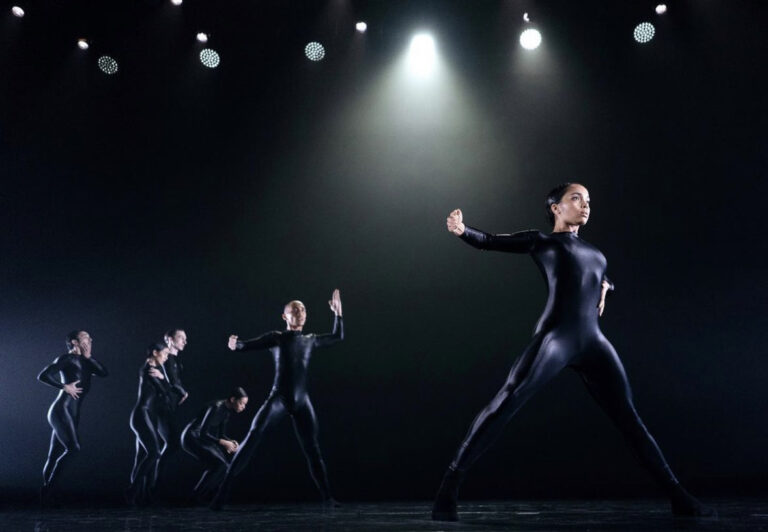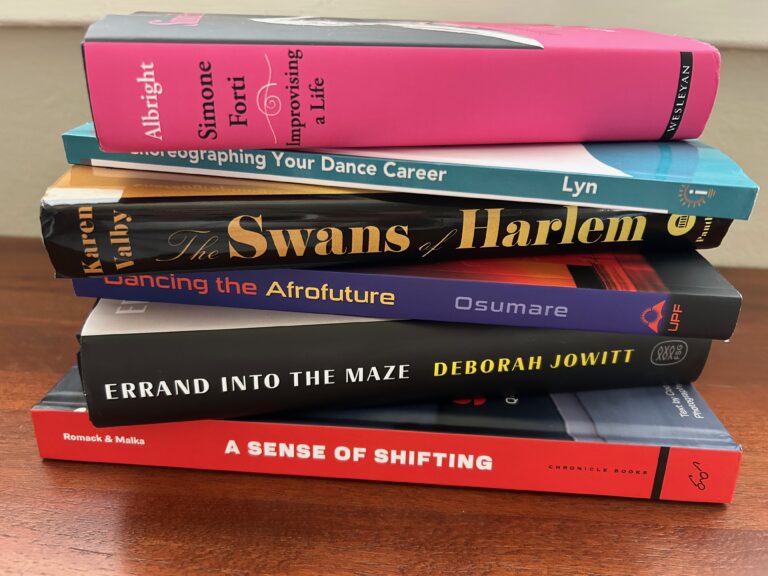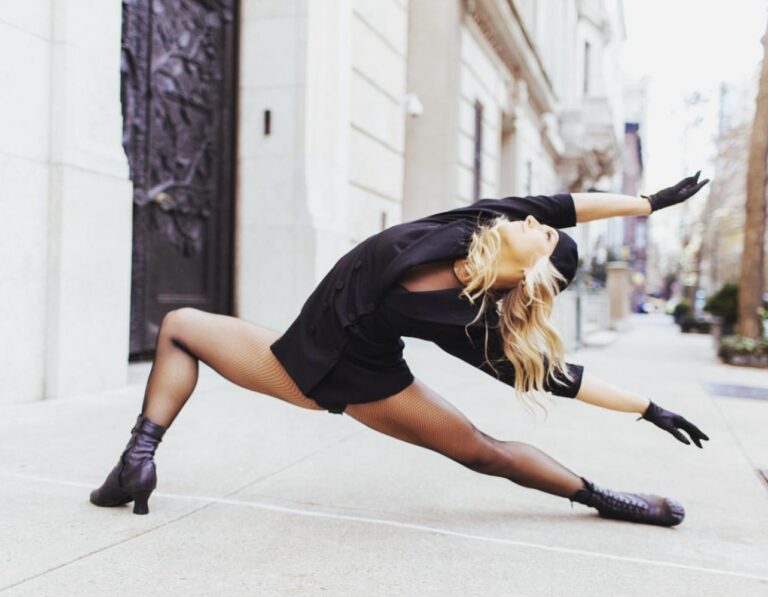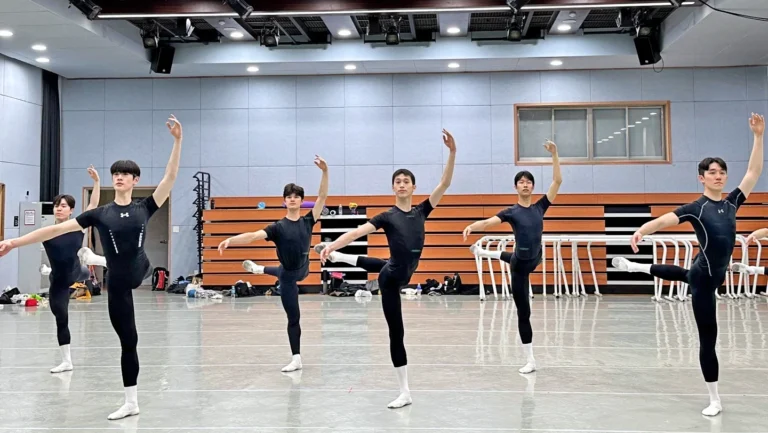High school students looking to dance in college often can’t turn to the usual sources for savvy college admissions advice. Their guidance counselor is unlikely to have specialized exposure to dance programs, and things have changed since the college days of their studio instructors. That’s what makes college-hosted summer intensives such a great resource when you want to set your graduating dancers on the proper path.
Summer intensives hosted by colleges offer dancers a chance to taste the college experience by studying and living on campus for two to three weeks. They get a feel for day-to-day life by taking daily technique classes in ballet, pointe, modern, jazz, composition and other styles, dining on campus, meeting regular summer students and living in residence halls. And for many, these programs may introduce them to certain creative disciplines for the first time. Take the experience of Alicia Cross, who attended the 2013 New England Dance Intensive at Dean College in Franklin, Massachusetts, and is now a freshman there. “It was a pretty different learning experience,” she says. “In one class, the teacher started us on choreographing—I’d never done that before—and we also had a resumé workshop.” Cross had never really been away from her family for that long, she says, “but by the middle of the first week, I was thinking, ‘Alright. I’m comfortable here. I’m excited.'”
College-hosted summer intensives can benefit a student in many more ways than honing their technique. Students can:
Get a leg up in researching and preparing for college admissions. Sessions might include essay writing and the different types of college dance programs. “Many students don’t know how to begin thinking about college,” says Kitty Daniels, chair of the dance department at Cornish College of the Arts in Seattle. “They may not even know they could dance in college. We try not to talk about specific programs; instead we take the approach: ‘If you want to keep dancing in college, here are some different ways this could play out for you.'” Cornish’s summer intensive offers a career and college counseling session that walks students through questions like, “OK, what is a dance career path that does not take you directly to college? What are the dance career paths that may move through college?” In the class, Daniels explains how college programs break out into BA, BFA, BS, double or single major and minors, and she shows students how to research programs based on their interests.
Discover new interests. Some intensives are designed specifically to expand a student’s interests. At UCLA, the nine-day Dance Theater Intensive “mixes the disciplines of dance, theater, music, identity exploration, human relations activities and social activism,” according to the program website. In addition to technique classes in diverse genres, Angelia Leung, chair of the Department of World Arts and Cultures/Dance, says, “We also have class meetings that talk about art as an activist kind of engagement. So, we have the art as social action, art as moral action.” Programs may introduce students to new disciplines they are unlikely to have encountered in high school, such as postmodern dance, composition and improvisation.
Prepare for an audition. Beyond making students more savvy about their choices, summer intensives can have very concrete takeaways for college admissions. A polished resumé is one. Daniels notes that Cornish includes a daily choreography class that helps students create their audition solo.
Get to know the faculty. UCLA’s intensive is taught mainly by adjunct faculty who are nonetheless knowledgeable about the university program. But many intensives include classes taught by the college faculty, which gives students an even deeper insight into a college’s curriculum and philosophy and whether it’s a fit for them. Alicia Cross says she enjoyed getting to know professors at Dean College during her summer intensive there. “It definitely helped me adjust to how various instructors teach,” she says.
Get a chance to show their stuff—outside the application process. Summer intensives effectively let a student audition a college, but the college is also getting a closer look—outside of the official application and audition. Daniels confirms that those who have attended Cornish’s intensive can benefit in its admissions process. “I think it’s probably most important for the more marginal students who are able to show to us, ‘Look, I may have a little less training, but look what happens to me over time when I work,'” she says.
Get over pre-college jitters. Cross attended the intensive at Dean College after she’d been accepted to the BA program, giving herself a head start on college. Heading off to the two-week intensive, she had the jitters. But by the end, she says, “I didn’t even want to come home; I just wanted to leave all my stuff here and stay until school started. I was prepared, I was comfortable with the campus and I knew it so well. I was really ready for school.”
Lea Marshall is a writer and interim chair of Virginia Commonwealth University’s Department of Dance & Choreography.




